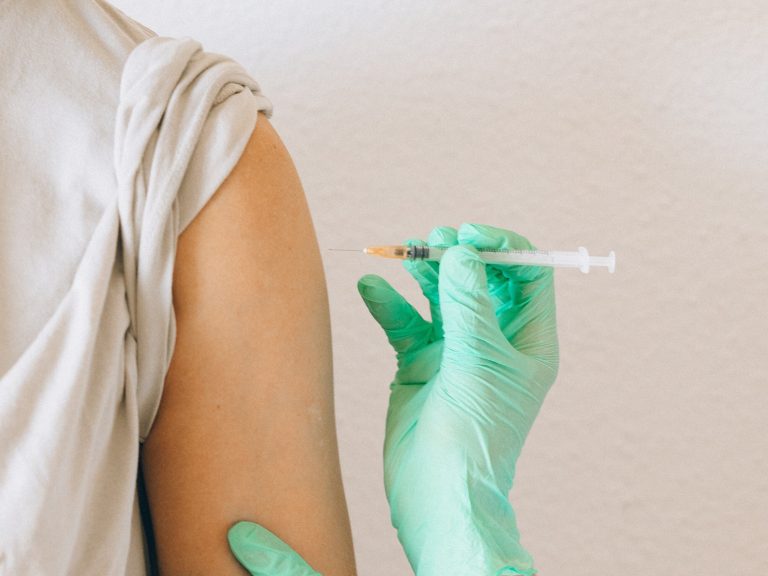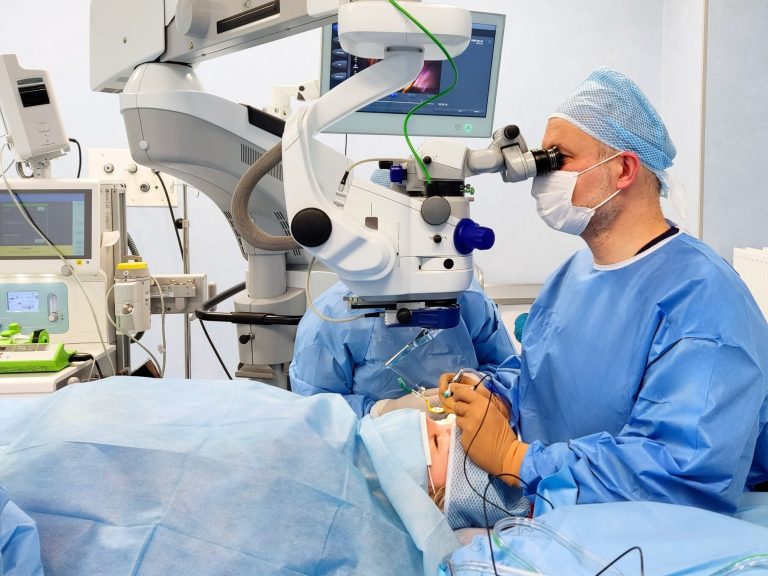QUIZ: “Atomic” medicine and air conditioning that protects against hypothermia during surgery. What do you know about it?

Is the Polish nuclear reactor used to produce nuclear energy? How can radioisotopes contribute to the development of personalized medicine? Why is it so difficult to prevent patient hypothermia during surgery? We answered these (and other) questions in the April series “Polish science for the development of medicine and health of Poles”. Check if you know what nuclear medicine is and why good ventilation during surgery can save a patient's life!
Last month, in “Wprost”, we talked to outstanding scientists and doctors. Prof. Renata Mikołajczak, representative of the director of the Polatom Radioisotope Center (OR Polatom), which is part of the National Center for Research and Development, talked about what nuclear medicine is. This is a branch of medicine that uses radiopharmaceuticals, i.e. drugs that contain a radioisotope in their structure. Isotopes are produced at the only nuclear reactor in Poland (MARIA) located at NCBJ. Scientists have great hopes for the development of this branch of medicine. By using the new CERAD cyclotron, they hope to design drugs tailored to the needs of a specific patient, which will translate into the development of personalized medicine.
We also talked to prof. Sławomir Wronka (head of the Department of Physics and Particle Acceleration Technology NCBJ) and Jan Trzuskowski (technical director of the Department of Nuclear Equipment ZdAJ NCBJ). Thanks to the work of scientists from NCBJ, it is possible to treat patients with radiotherapy. This requires medical accelerators, which are used to obtain ionizing radiation. The radiation beam is used to destroy cancer cells. Currently, scientists are working, among others, on flash effect therapy, i.e. obtaining a very high radiation dose rate. Thanks to it, the patient will be able to receive a sufficient dose in one session, whereas currently he has to go to the hospital many times.
Each of us knows how dangerous hypothermia, i.e. cooling of the body, is to our lives. How to prevent it during patient surgery? This is handled by the team of Dr. Hab. engineer Anny Bogdan – professor at Warsaw University of Technology, vice-dean for general affairs and science at the Faculty of Building Installations, Hydrotechnics and Environmental Engineering at the Warsaw University of Technology. The research project involved heating the patient during surgery by radiation (using radiators). Traditional heating methods cannot be used here due to the risk of creating the so-called a “warm air cushion” that disturbs the flow of clean air, which may increase the risk of infection of the surgical site.
Another important topic was 3D printing, which revolutionized medicine: thanks to it, very precise bone reconstructions, surgery planning, and printing of orthoses and prostheses tailored to the patient are now possible.
What do you know about nuclear medicine? Why is proper ventilation of hospital rooms so important? Test your knowledge, check out the Wprost series: Polish science for the development of medicine and health of Poles.
You will find answers to all questions in the articles under the quiz, which were published in the Wprost series: Polish science for the development of medicine and the health of Poles.
Text: Maciej Pinkosz
Straight to NCBJ: Medicines with radioactive isotopes are made here. MARIA reactor, cyclotron and new drugs
Modern radiotherapy devices are manufactured here. Experts: The flash effect will be a revolution
Scientists from the Warsaw University of Technology are examining air conditioning systems that protect against hypothermia during surgery
3D printing at the patient's bed, personalized orthoses in 3 days: revolutionary technology supports medicine






